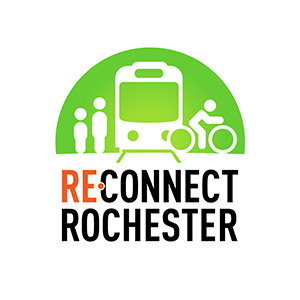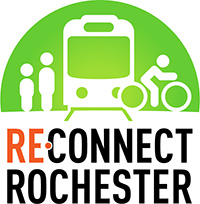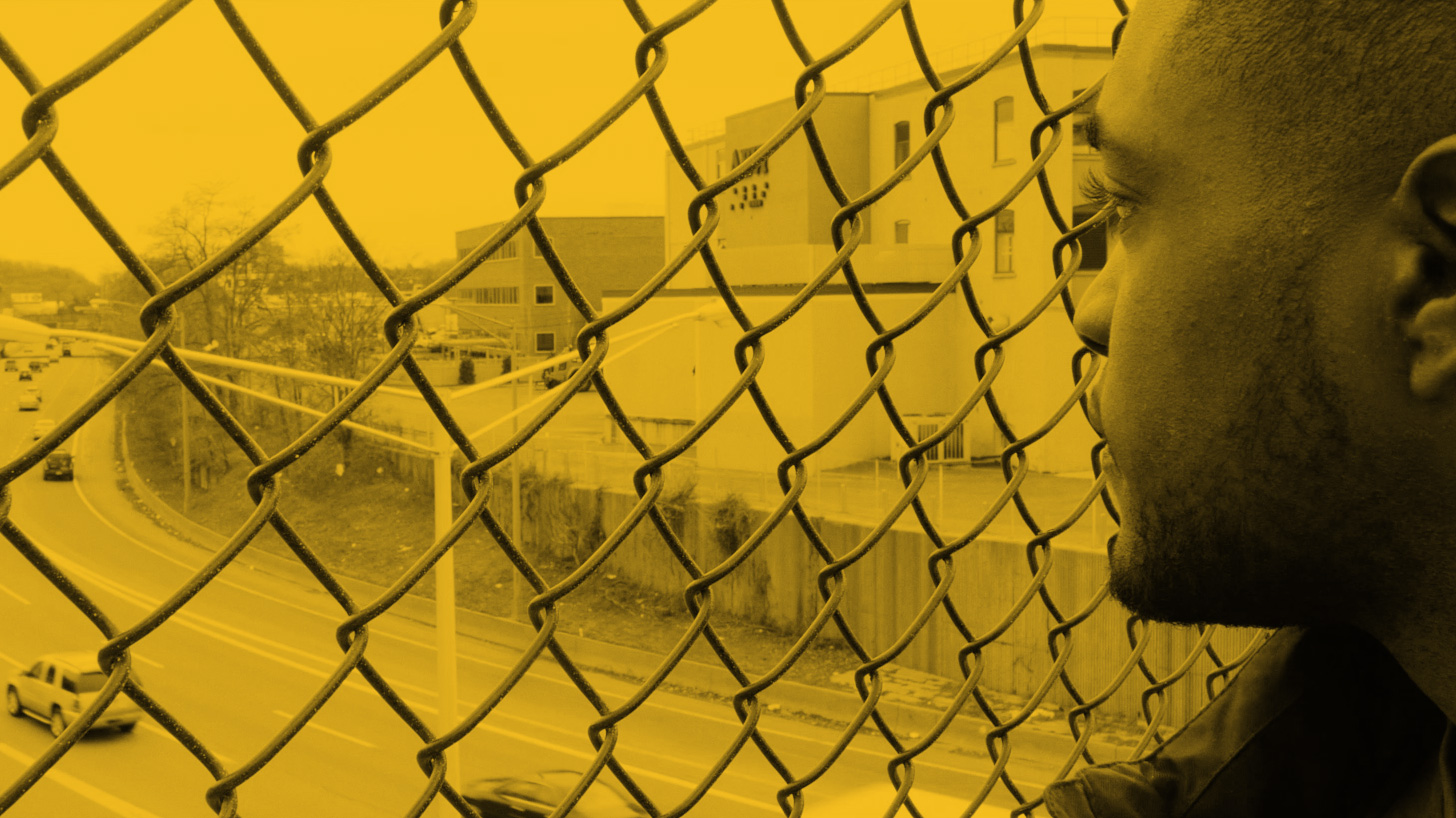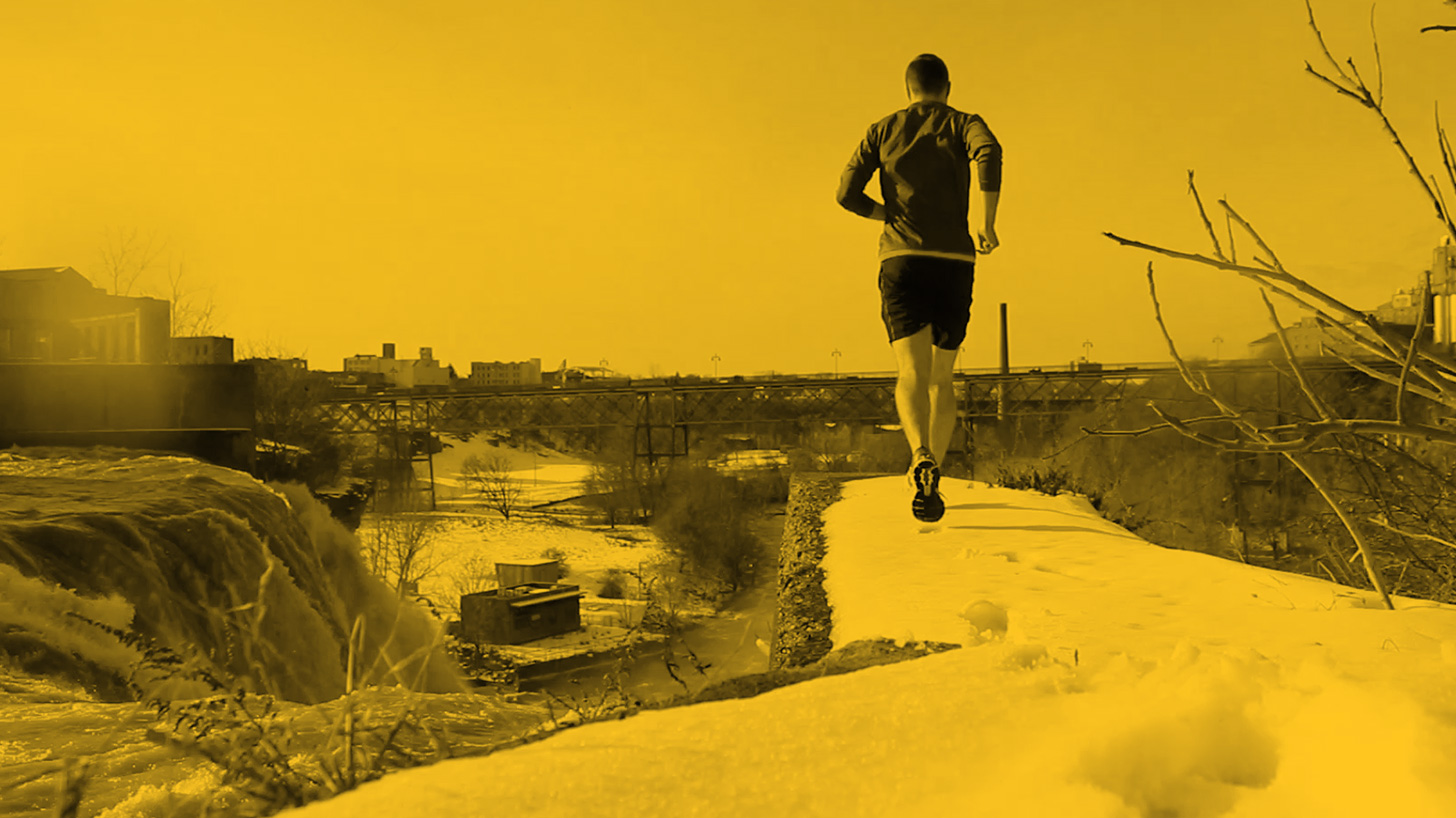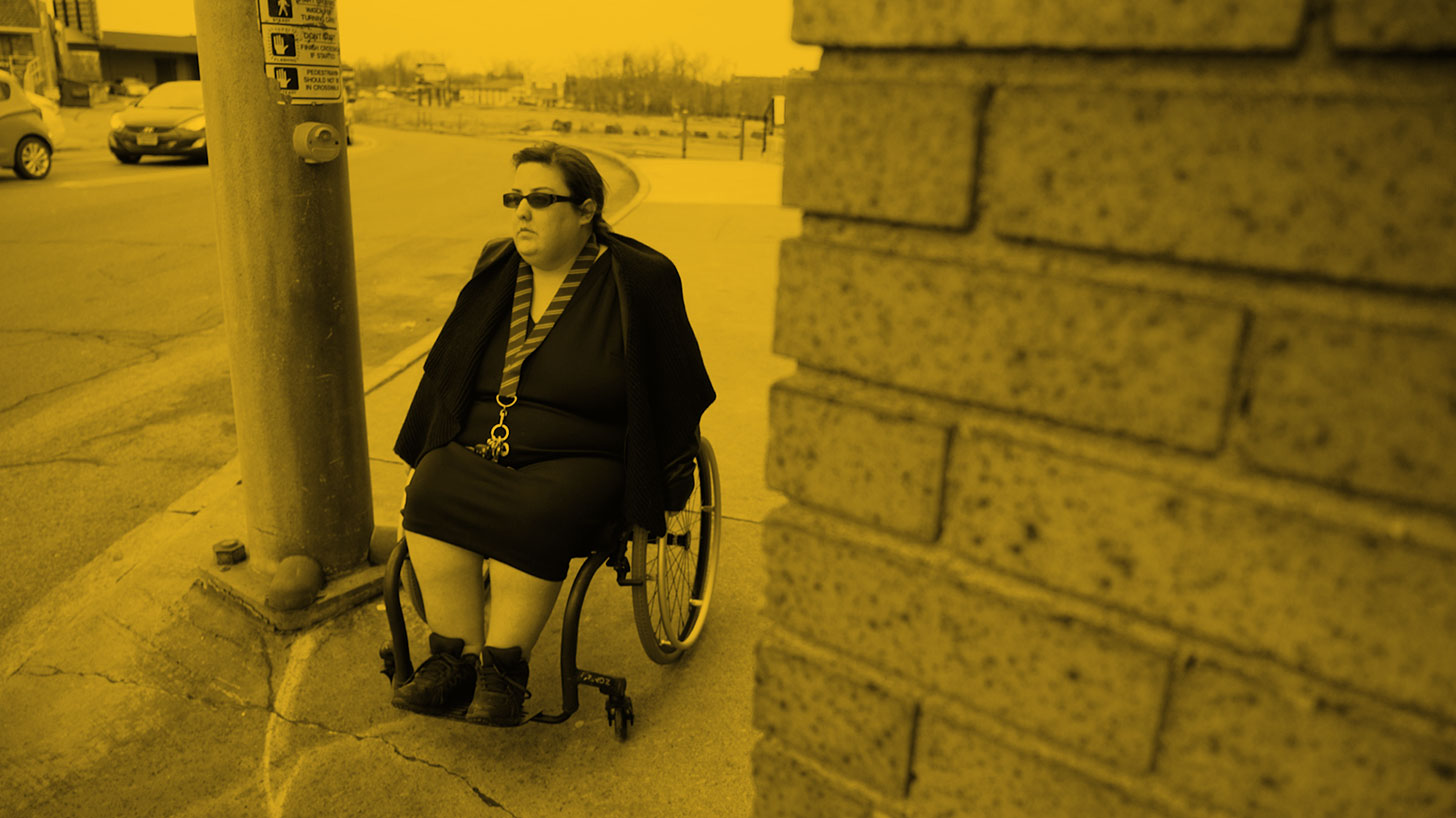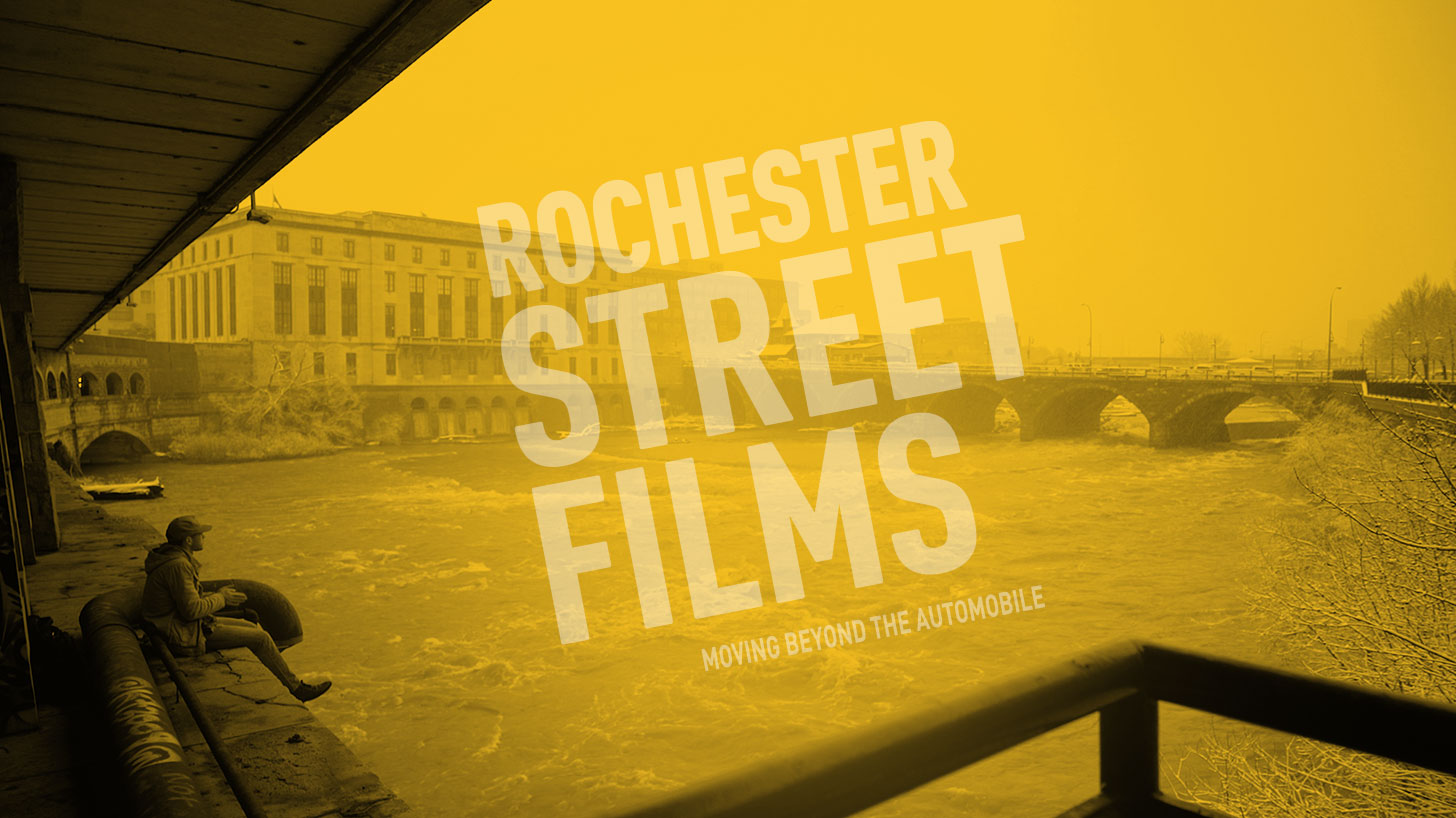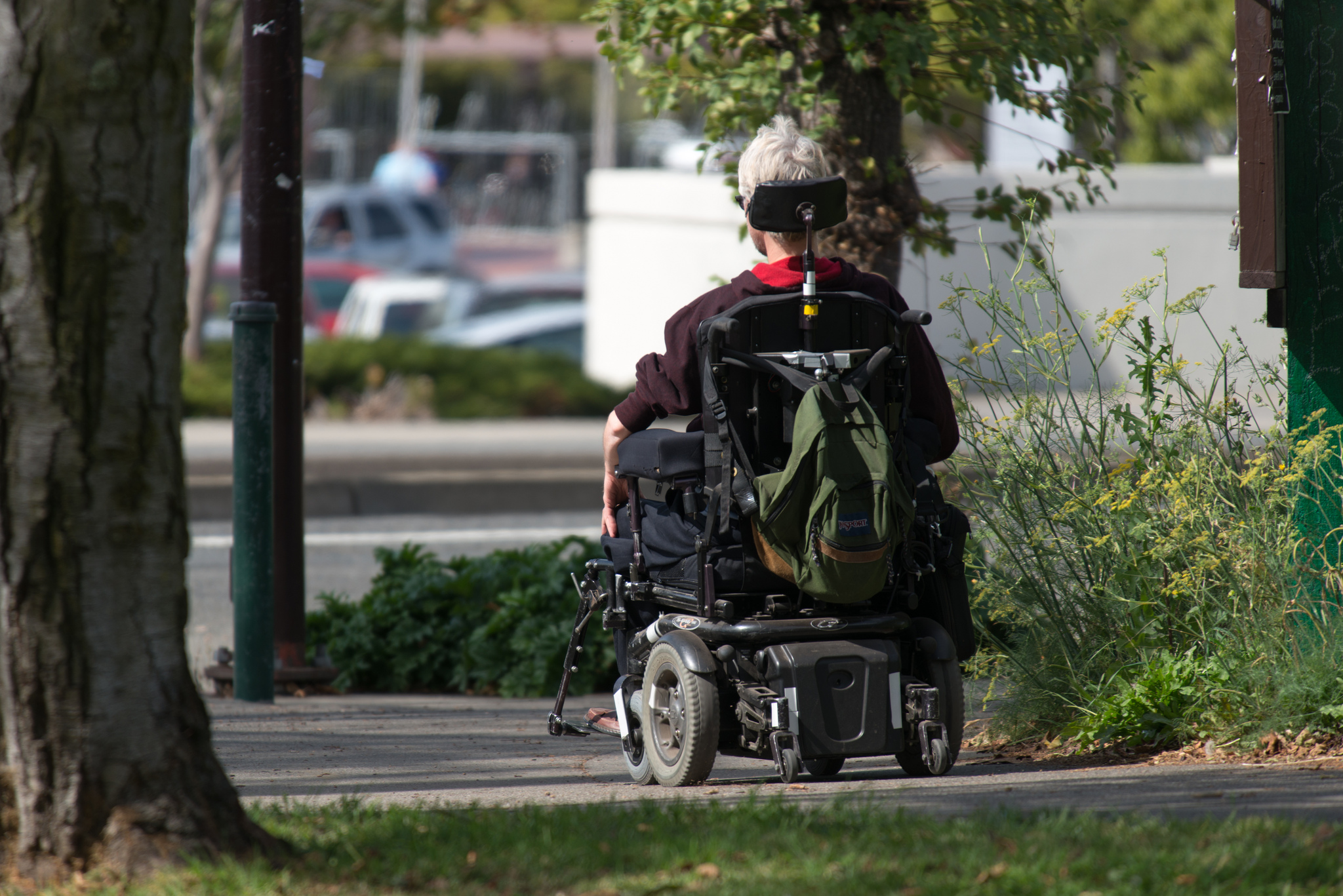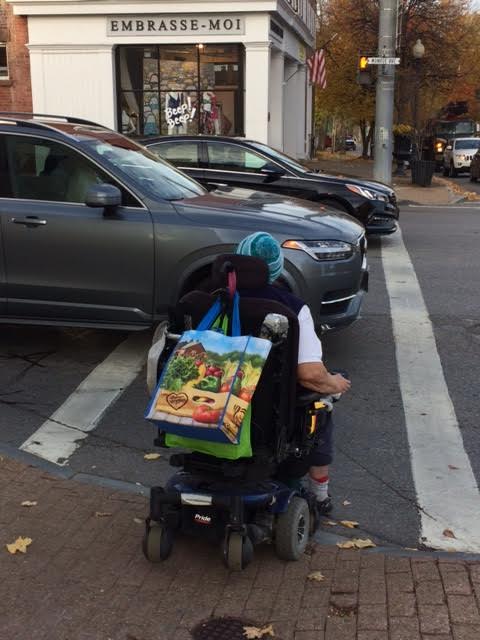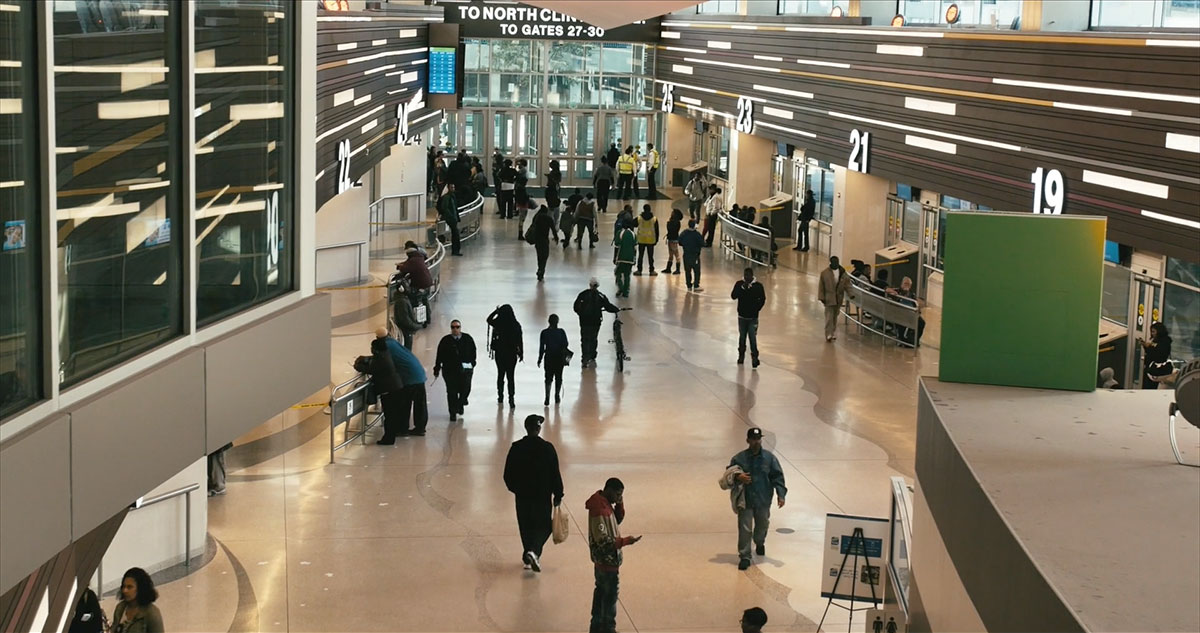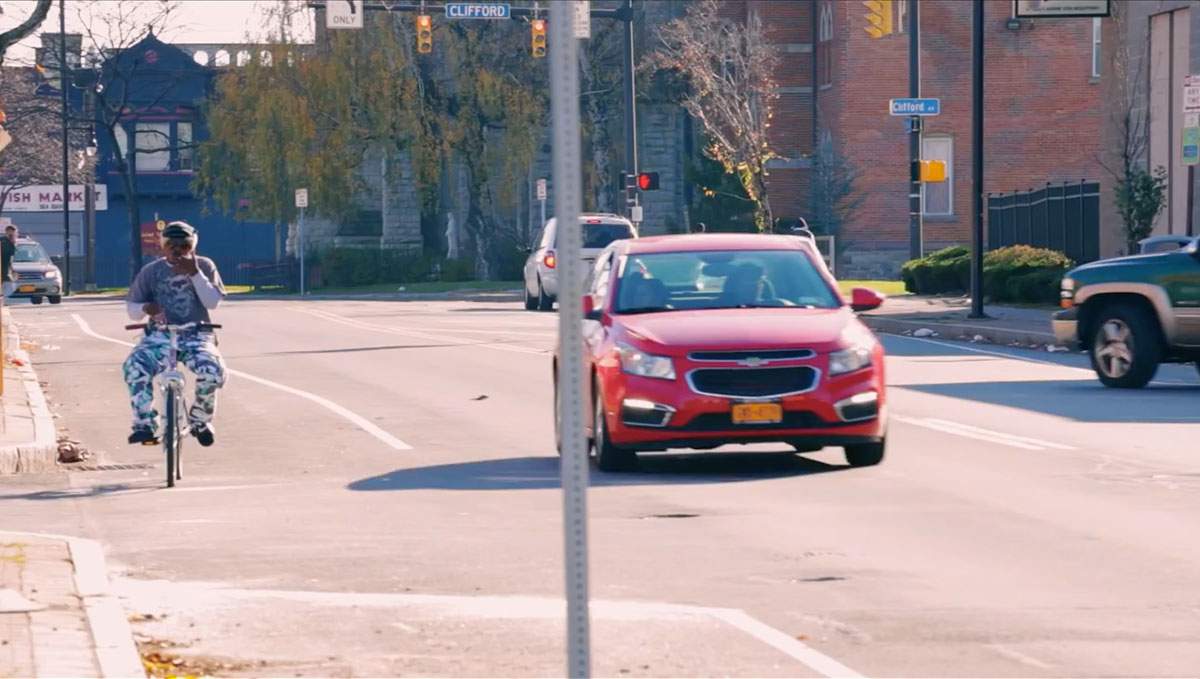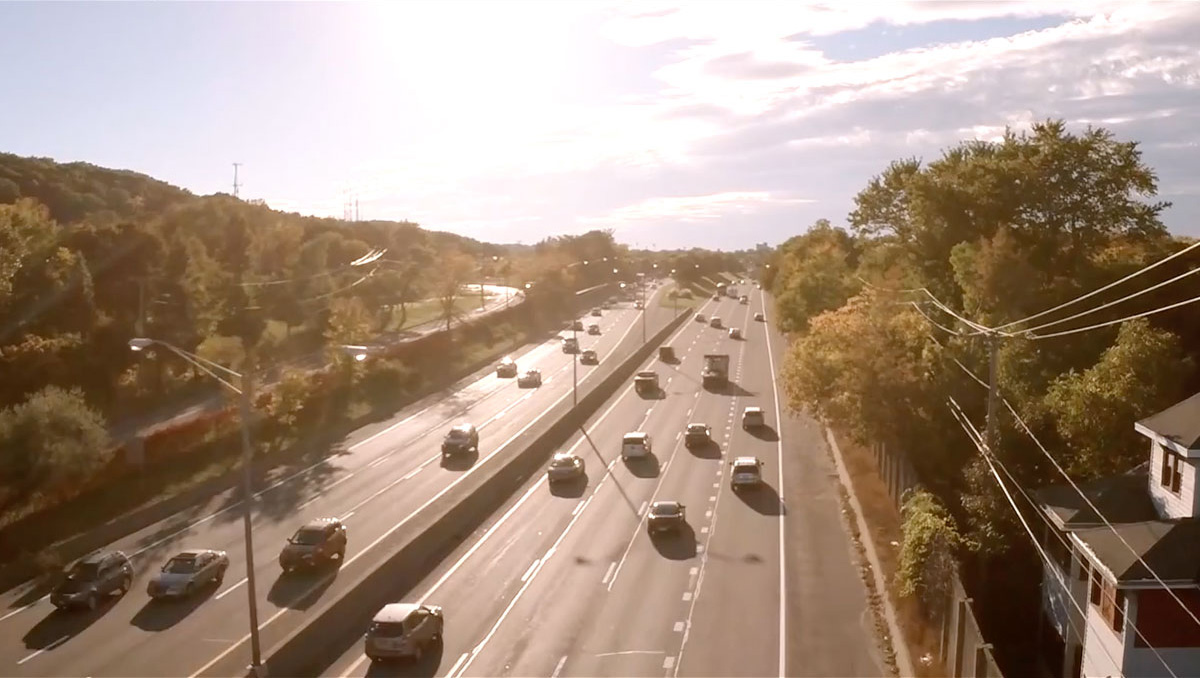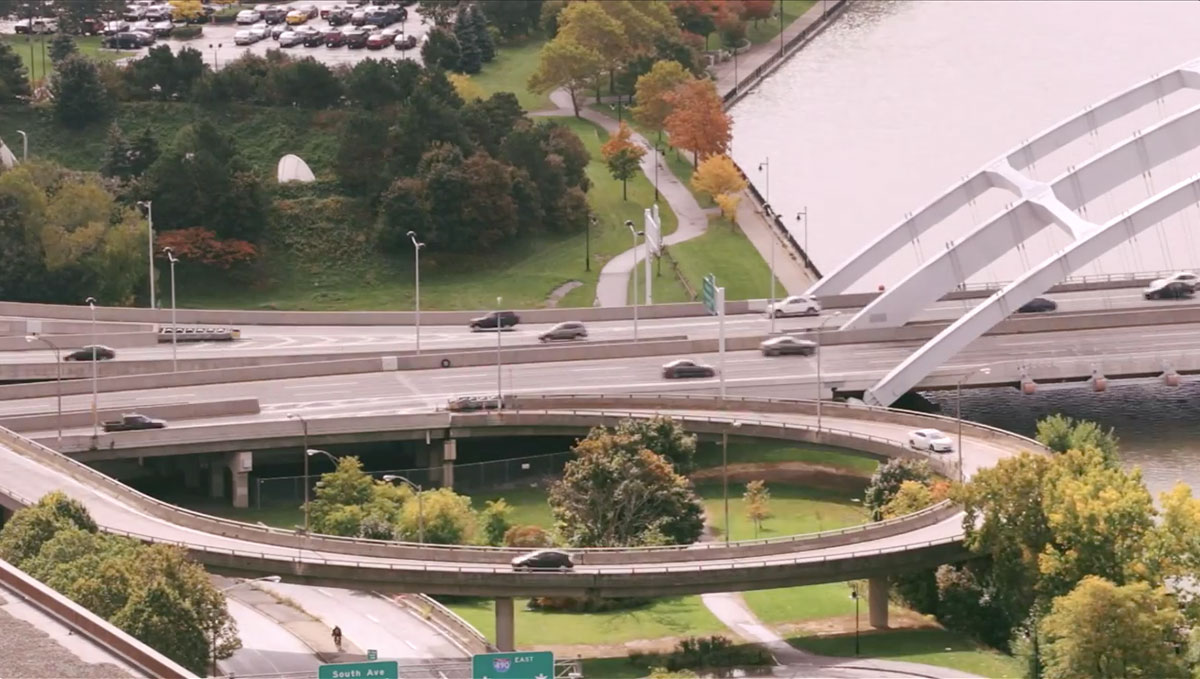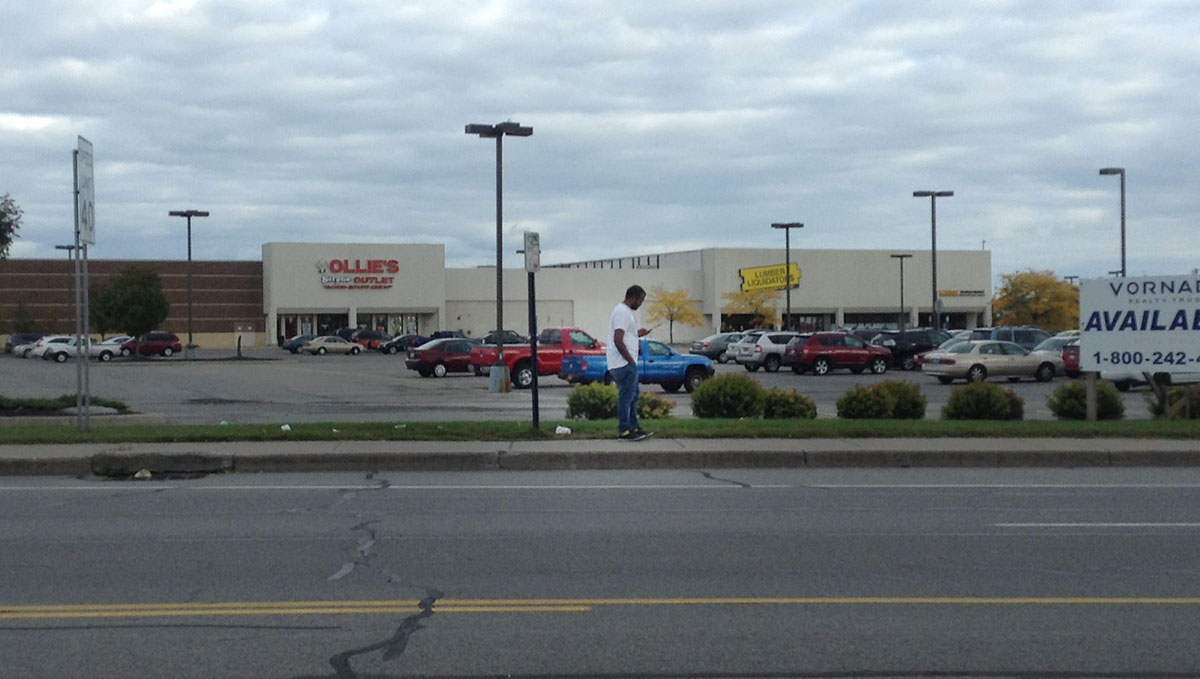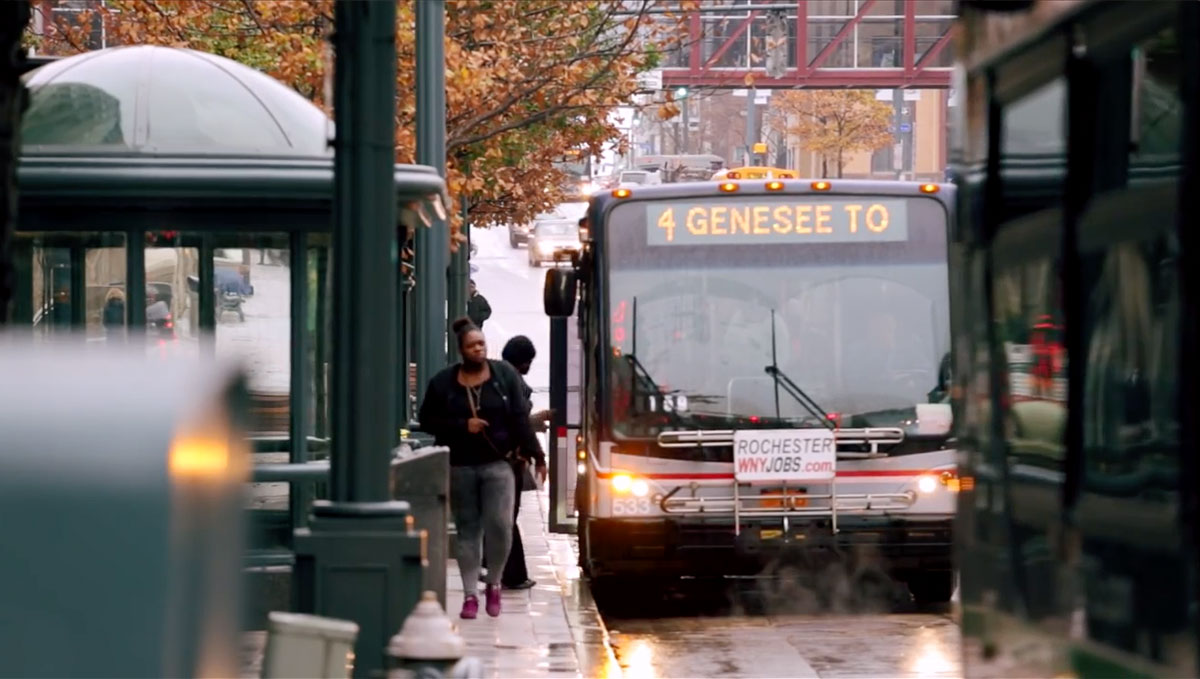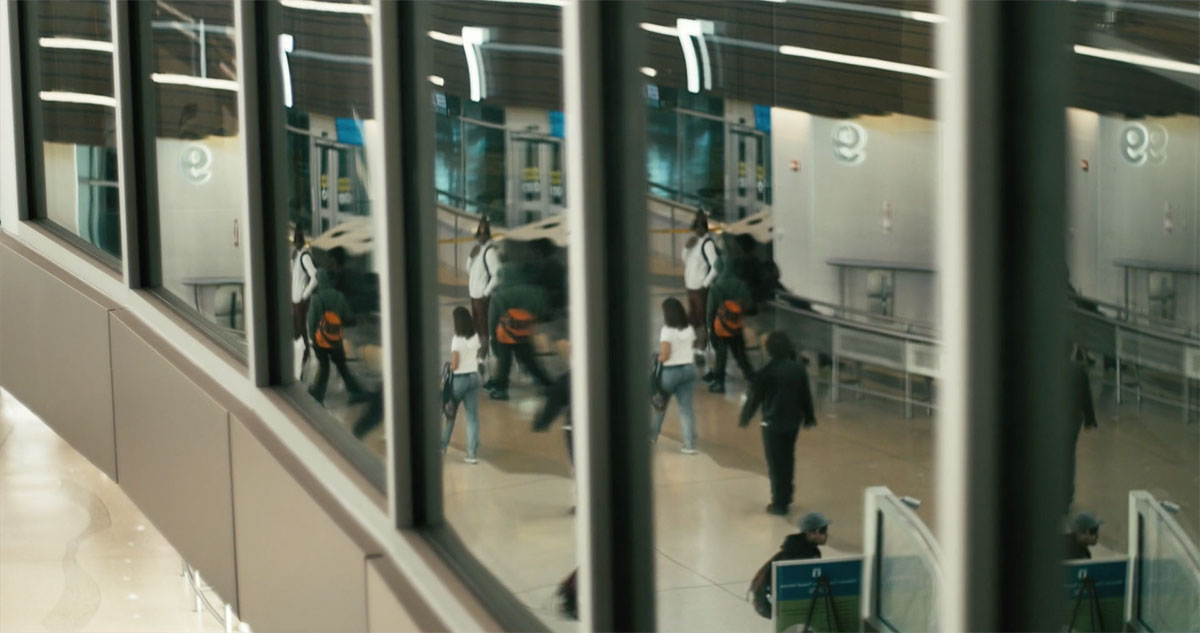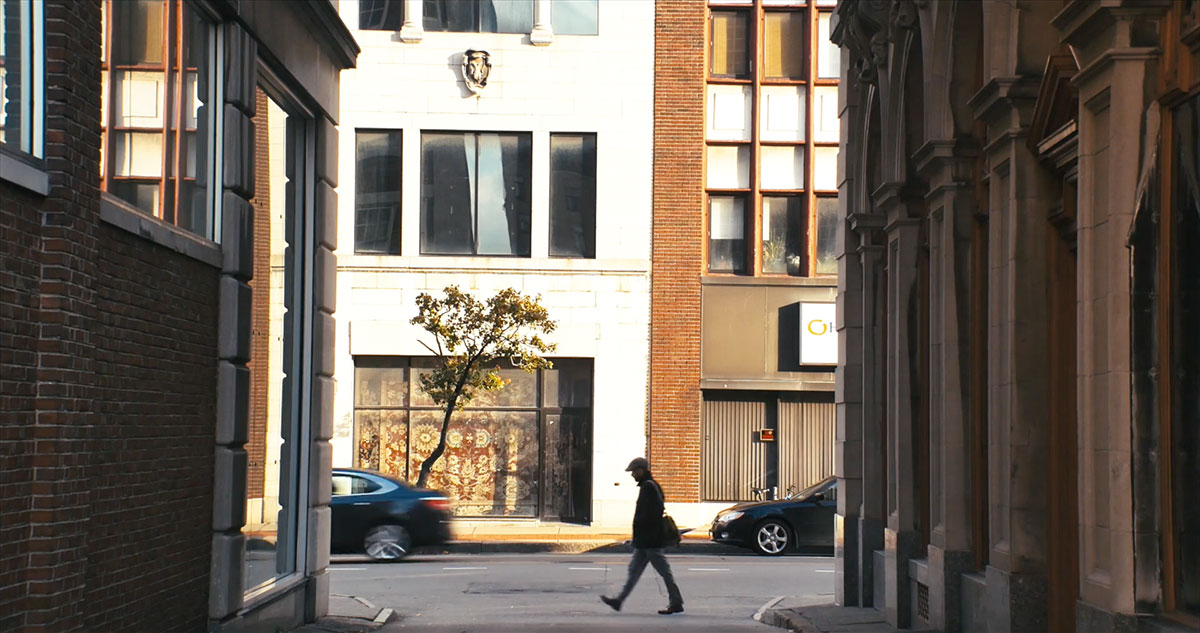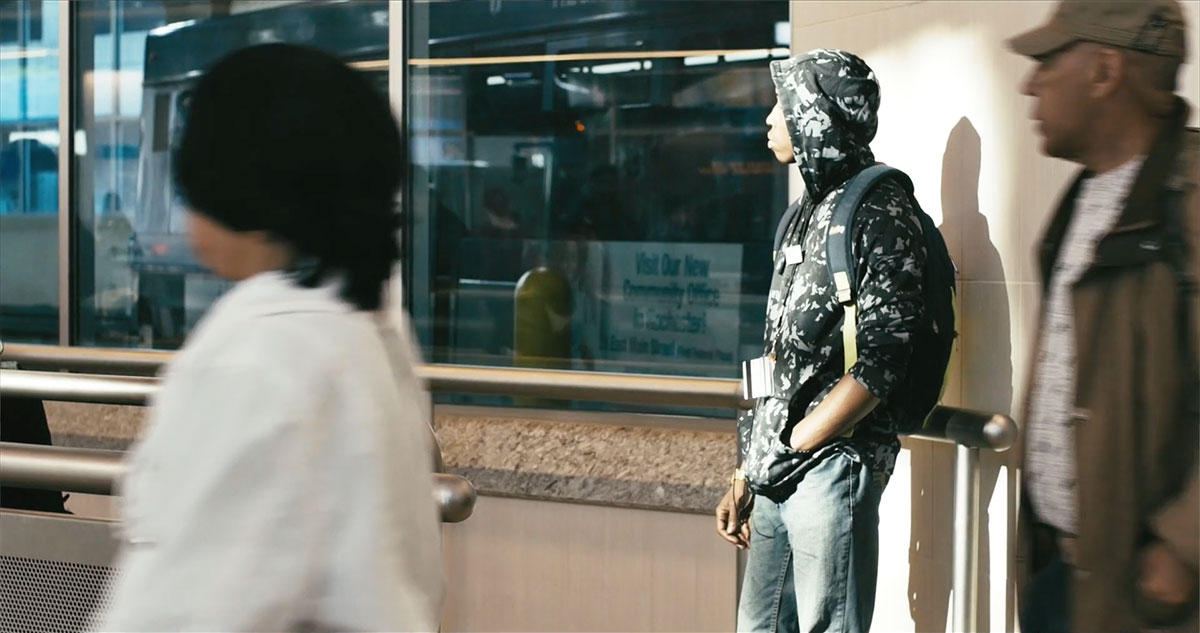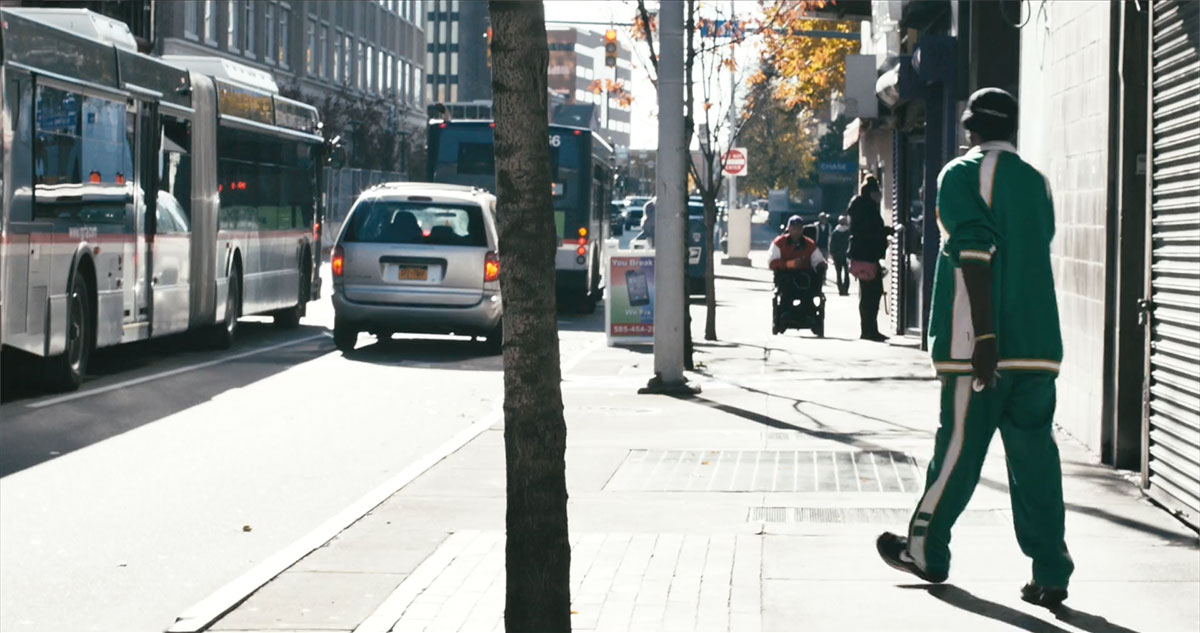The coming of a new year gives good opportunity for reflection, and we’re proud to say that the Rochester Cycling Alliance accomplished quite a lot in 2016 to promote biking and bike infrastructure in the Rochester area. A list is below (and in PDF format here). In 2017 we plan to do even more, and we hope you’ll be involved!
RCA assisted Department of Environmental Services, City of Rochester, with the preparation of the application for this prestigious award.
Town & Village Bicycle-Pedestrian Plans
Brighton, Pittsford, Penfield, Perinton, Irondequoit, and Greece Town Councils/Town Planning Boards consulted with RCA members to develop bicycle and pedestrian plans to improve residents’ quality of life.
Monroe County Initiatives
Discussion with County Executive Dinolfo with the object of educating her on the importance of bicycle-pedestrian facilities in attracting and retaining skilled workers and businesses; promoting improved bicycle route connectivity; and realigning the County’s bicycle and pedestrian policies to improve residents’ quality of life.
RCA members organized Bike to School Days at elementary schools in Rochester, Pennfield, Brighton, Henrietta, and Pittsford school districts to encourage students, faculty/staff, and parents to build community and reduce childhood obesity by engaging in everyday healthy activities including bicycling to school. Our work was covered on the Spokes & Folks radio show.
Bicycle Boulevards
Unique safer bicycle friendly routes on urban and suburban streets:
- Harvard/Canterbury Streets: RCA worked with the Rochester DES to create the first bicycle boulevard in the City.
- Hillside/Highland Avenues, RCA worked with the Town of Brighton’s to create the first bicycle boulevard connecting with a City of Rochester bicycle boulevard.
Cyclopaths/Protected Bicycle Lanes
Raised and separated from motor vehicle lanes, cyclopaths improve safety and promote cycling. RCA members advocated for a cyclopath on South Union Street as part of the Inner Loop Development. We also assisted in the development and planning of a two-way cyclopath on Elmwood Ave., which is funded and being designed.
Rochester Bike Week
For the fifth year, RCA organized, promoted, and assisted in advertising numerous rides and events before, during, and after the two week Rochester Bike Week.
Bike Corrals
For the fourth year RCA organized and staffed this popular, donation based, bicycle parking facilities at Corn Hill Festival, Clothesline Festival, Little Theater Bicycle Film Festival, Spokes & Ink Festival, Public Market Bike In Movies.
Themed Community and Charity Rides
Supported or organized by RCA and its members: Santa Ride, Tweed Ride, Seersucker Ride, Tour de Cure, Bike MS, Light Up The Night Ride, Conkey Cruisers rides, Trike Race on El Camino Trail, Unity Rides, Rochester Twilight Criterium.
Safety Education
- Bicycle safety brochures, in 10 different languages, available here.
- Enhanced public education programs to improve safe roadway habits for motorists, pedestrians, and bicyclists in all demographic groups, developed in conjunction with the Finger Lakes Health Systems Agency.
- Rochester Bike Map and safety brochure distribution at RCA organized events; to bicycle shops. Encouraged the Genesee Transportation Council to continually publish and print the Rochester Bike Map.
- RCA members are participating in the League of American Bicyclist’s League Certified Instructor (LCI) program to have additional trained bicycle safety instructors in the area.
Local and State Conferences and Events
- Women’s Safe Cycling Summit, a conference by and for Monroe County women to develop strategies to encourage women to bicycle more confidently.
- New York Bicycling Coalition’s Western NY Bicycle Summit, encouraging working relationships among bicycle advocacy organizations in Buffalo, Ithaca, Syracuse, and Rochester.
- Bicycle Advocacy Discussion, Richard Fries, Executive Director of MassBike, on attracting and retaining the millennial generation as bicycle advocates; urban development; and revitalization; with support from the Rochester Community Design Center.
- Electric Bicycle Seminar: RCA & the New York Bicycling Coalition brought Nelson Vails, Olympic Silver Medalist to Rochester to lead a panel on the need for an electric bicycle law at the David Gantt Community Center.
- Outreach to the myriad formal and informal bicycling organizations and groups as well as bicycle shops in the area to truly form an alliance to advocate for improved bicycling infrastructure.
Amtrak’s Lake Shore Limited Train
RCA was represented on the Amtrak/Adventure Cycling Association Bicycle Task Force and was instrumental in having Trainside Checked Bicycle Service to be offered on the Lake Shore Limited’s route (New York City/Boston to Chicago) at the Rochester Amtrak Station.
Public Relations and Communication with the community
Improving and increasing the content on RCA’s web site, Facebook pages, and Twitter tweets resulting in significant increases in the number of web site page views; Facebook members (809+) and Twitter followers (43% increase since September 2016).
RCA Continuity
Additional younger, 20- to 35-year-old bicyclists, became active participants at RCA meetings and as bicycling advocates at government and non-government hearings and meetings in the Rochester community.
